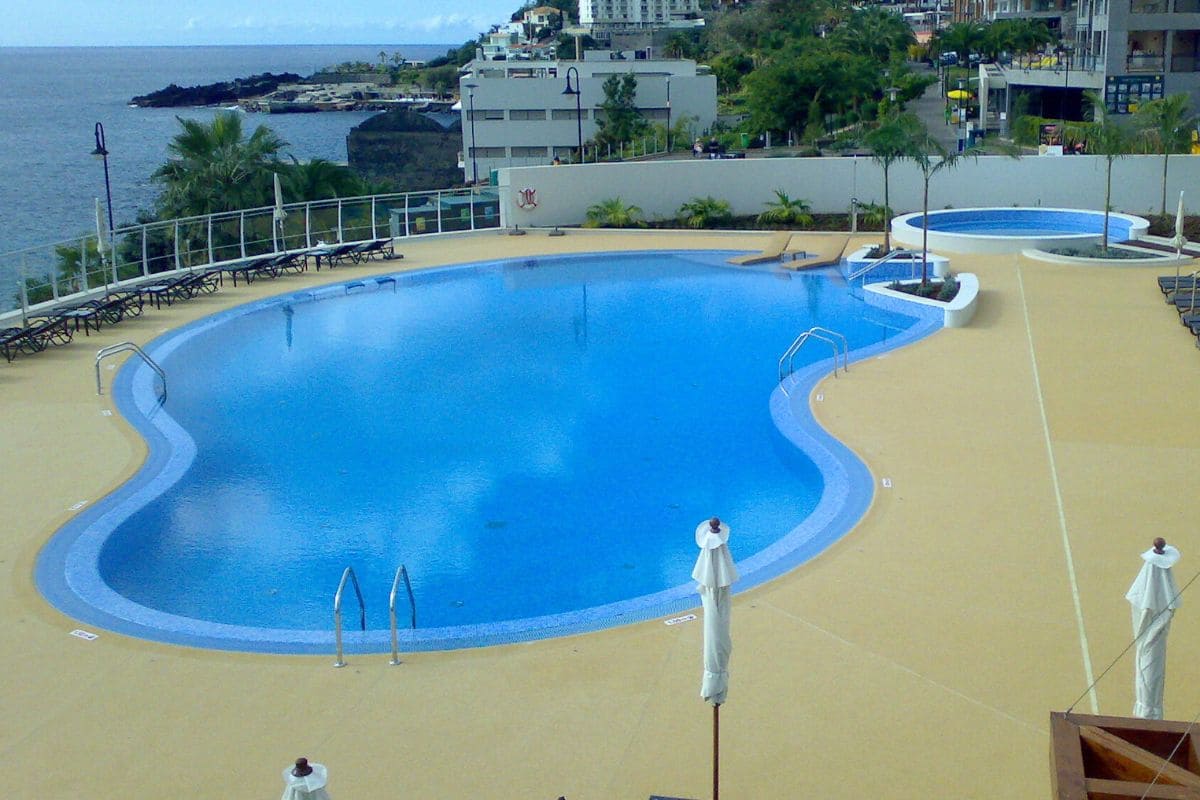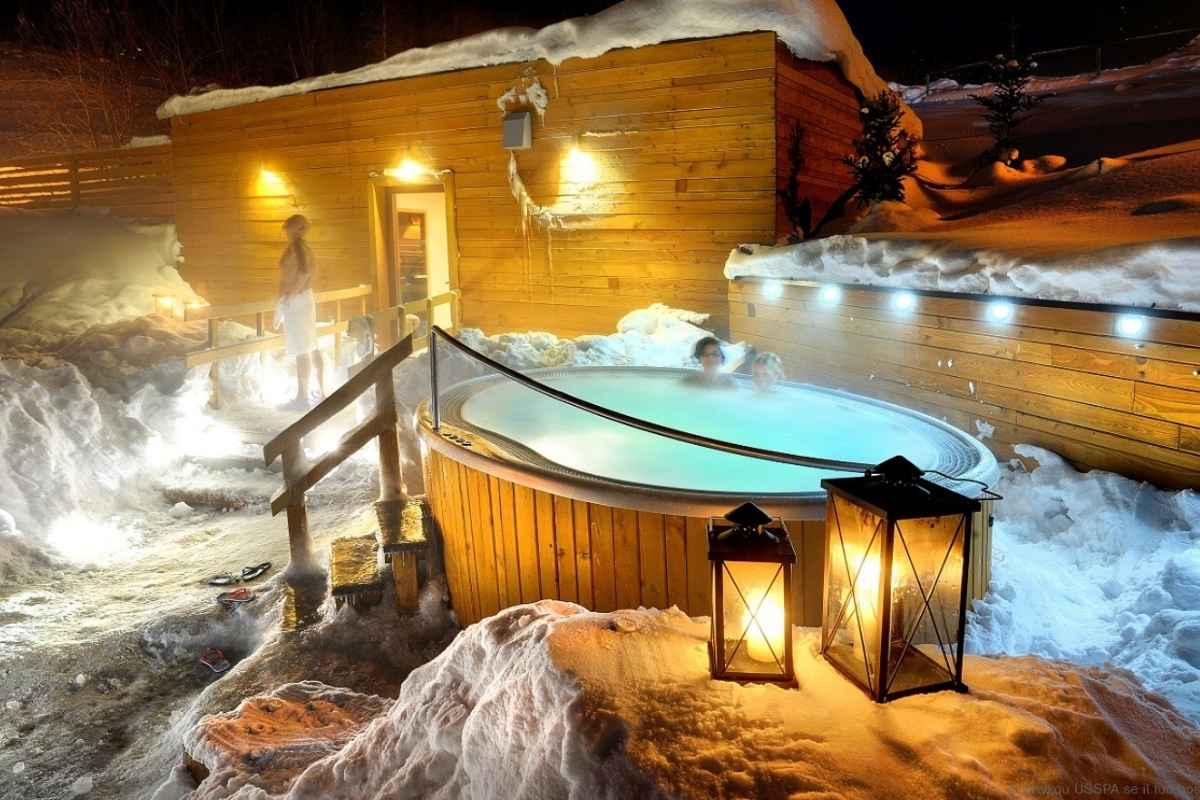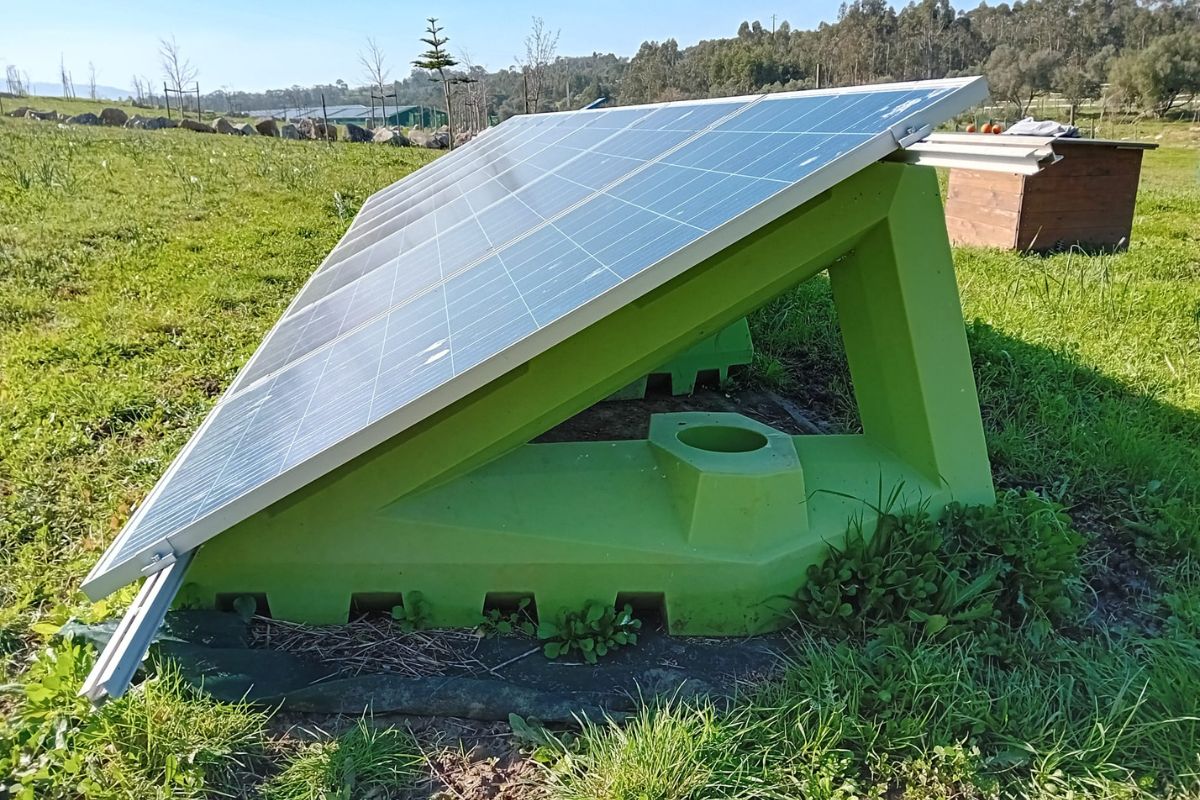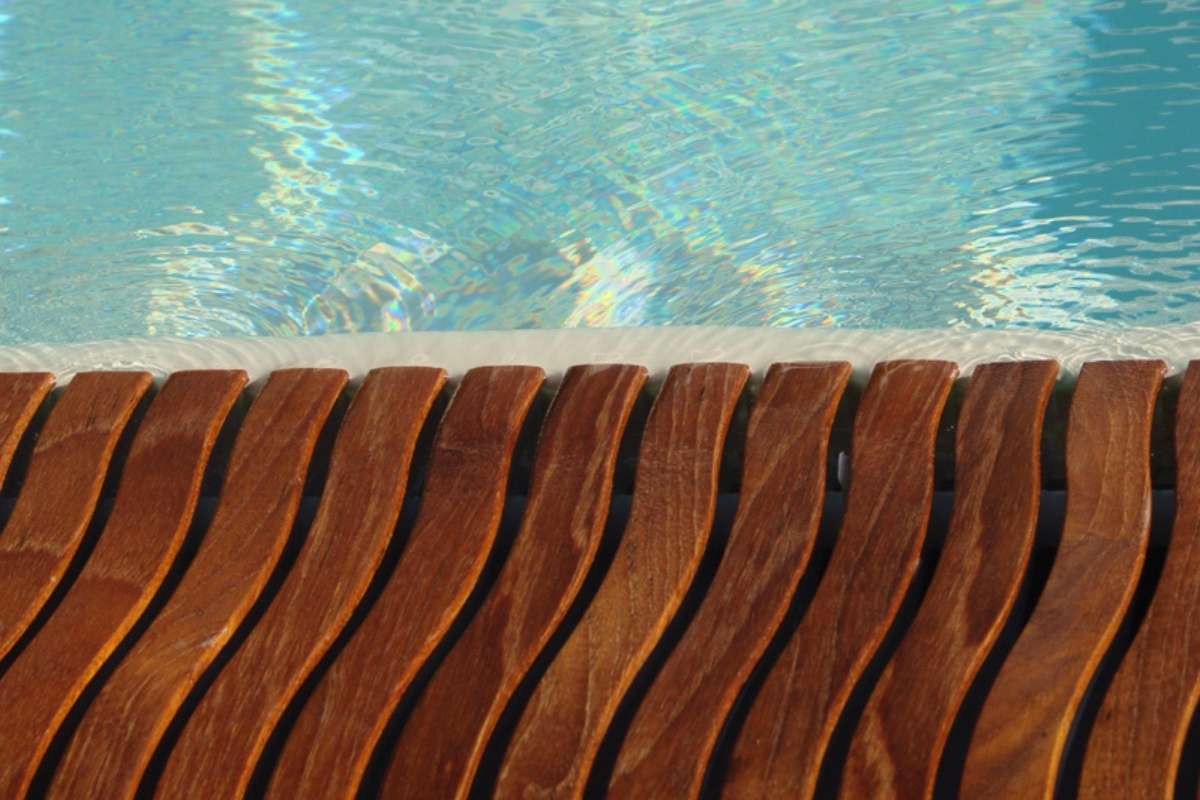Pool maintenance: water, grates and structure

Swimming pool maintenance is a crucial step to ensure safety, long-term durability, and user enjoyment. Whether it's an in-ground pool or an above-ground structure, many aspects need attention: water cleaning, chemical parameter control, structural inspections, and care of accessories such as overflow grates.
In this article, we will examine the key aspects of pool maintenance, offering practical tips and professional solutions, with a specific focus on maintaining the plastic pool grates produced by Nexus, a name synonymous with quality and durability.
- Routine and extraordinary maintenance: the basics for a perfect pool
- Pool grate maintenance: focus on hygiene, safety, and durability
- In-ground pool maintenance: attention to details and accessories
- Above-ground pool maintenance: practical, but not effortless
Routine and extraordinary maintenance: the basics for a perfect pool
When discussing pool maintenance, it’s essential to distinguish between routine tasks, which should be performed regularly during the season, and extraordinary operations, scheduled during seasonal opening or closing.
Main routine maintenance tasks include:
- Daily removal of leaves and debris from the surface.
- Weekly pH check (ideal values between 7.2 and 7.6).
- Monitoring and adjusting chlorine or other disinfectant levels.
- Filter cleaning and pump inspection.
- Vacuuming the bottom using a robot or manual tools.
These actions are essential to keep the water clear, hygienic, and safe. In-ground pool maintenance often requires more structural attention, while above-ground pool maintenance may be easier but is still crucial to extend the system’s life.
Extraordinary maintenance includes:
- Periodic shock treatments (oxidizing the water with high doses of chlorine).
- Deep cleaning of walls and bottom at season’s end.
- Inspection of structures, linings, grates, and inlets.
- Winterization with specific chemicals and pool cover installation.
Taking care of these aspects helps avoid damage, reduce repair costs, and enjoy the pool with peace of mind.
Pool grate maintenance: focus on hygiene, safety, and durability
Among the often-overlooked elements in swimming pool maintenance, perimeter overflow grates play a crucial role. Placed along the edge of the pool, they collect overflowing water and direct it to the filtration system. As such, they are constantly exposed to water, debris, and weather.
Regular maintenance of pool grates is essential for several reasons:
- Hygiene: organic residues can accumulate in the slits, leading to mold or bad odors.
- Safety: damaged or loose grates are a hazard for those walking poolside.
- Efficiency: blockages can hinder proper water circulation to the filtration system.
High-quality plastic grates, like those designed and manufactured by Nexus, offer significant advantages in durability, UV resistance, and ease of cleaning. Made from high-performance plastic materials, Nexus grates are modular and withstand chemicals, thermal shocks, and mechanical stress.
How to maintain pool grates:
- Perform weekly visual inspections to detect any cracks or discoloration.
- Periodically remove the grates for thorough cleaning with water and mild detergents.
- Disinfect surfaces in case of algae or mold growth.
- If worn, replace damaged modules easily thanks to the interlocking Nexus system.
Choosing high-quality professional grates and keeping them in excellent condition not only enhances the pool’s appearance but also ensures long-term functionality and safety.
In-ground pool maintenance: attention to details and accessories
In-ground pools are the most solid and long-lasting solution, but also the most demanding in terms of pool maintenance. As permanent installations often lined with PVC, mosaic, or tiles, every component must be carefully checked.
Key areas to monitor include waterproofing integrity, underground piping and drainage system, return inlets, underwater lighting, technical room functionality, and overflow grate cleanliness—especially important in in-ground pools where they are heavily used.
Using certified components, such as Nexus grates, is crucial for long-term performance and reliability. These products are designed for intensive use and can withstand high pressure, long sun exposure, chlorine, and salt—making them ideal even for saltwater chlorination systems.
Moreover, customizable colors and designs allow the grates to blend harmoniously with the pool’s style without compromising performance.
Above-ground pool maintenance: practical, but not effortless
Above-ground pools are an increasingly popular choice for those seeking a relaxing space without excavation or structural work. Though easier to install and manage, they still require proper pool maintenance to avoid hygiene and functionality issues.
Key tips for above-ground pool maintenance include: frequent removal of debris (especially without an overflow system), checking the structure’s stability (especially for rigid steel or wooden pools), cleaning the inner liner with non-abrasive products, and using floating or thermal covers to protect the water and reduce evaporation.
Though less common, some above-ground pools feature lateral overflow systems with plastic grates. In such cases, maintenance follows the same guidelines as in-ground pools, with the added benefit of easier access to components.
Relying on quality products like Nexus pool grates, also compatible with custom models, helps keep the circulation system efficient while reducing long-term costs...








